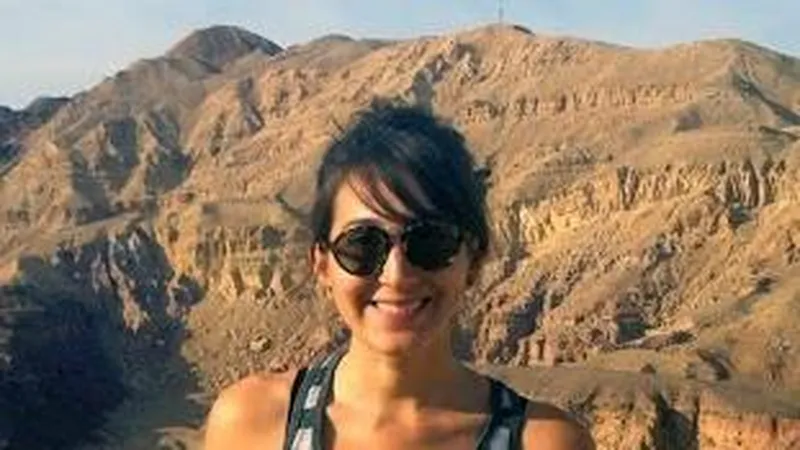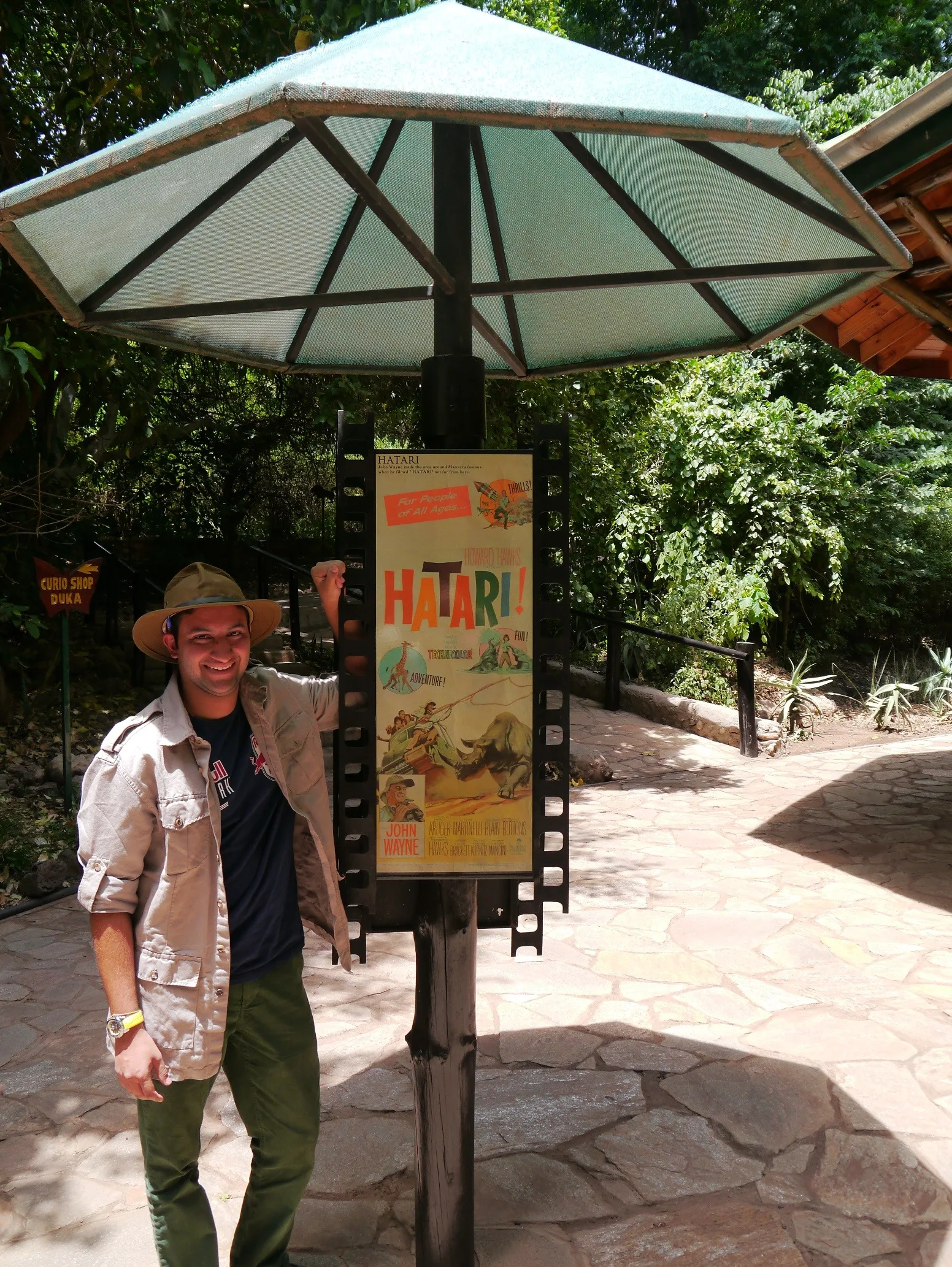
By: Alyssa Irizarry
Land of “Hatari”
John Wayne inspired my love affair with Africa. I was five years old when my father first bought home the movie Hatari! on VHS. The Duke, along with Hardy Kruger, Red Buttons, and Elsa Martinelli first introduced me to Africa–specifically Tanganikya–in the form of animal catchers for zoos. Once I saw the beauty of the African animals, along with the stunning scenery they lived in, I was hooked.
Sixteen years later, after unthinkable hours watching the Discovery Channel and even more time spent reading National Geographic, I have finally come to the land of Hatari. Looking back, it seems that I set my whole life up to come to Africa. I read field guides at 10, tracked animals at 12, studied Environmental Science and Conservation in college, and took up Swahili at 20. Now, studying abroad in Tanzania, I have loved every minute of the 6 weeks I have spent here so far. I have done field studies in Lake Manyara, Tarangire and Arusha National Parks, have become semi-fluent in Swahili, and have collected dung samples with a tribe of Maasai. After writing that I think to myself, “Shoot, and this is just what I’m doing in college!”
An SFS poster stared me in the face the first day I went to meet an advisor in the ecosystem science department, my freshman year at the University of Miami. This was before I realized I wanted to major in the environment, full-time, not just read magazines about it. Before my soon-to-be advisor even opened her mouth, I asked her “What’s that Africa program? How do I sign up?” Once my advisor got over the initial shock of seeing this wide-eyed freshman speaking up so fast, she explained to me what this field-based study abroad program was all about. Since then, and the next two years after that moment, I did everything I could to ensure my junior year spring was spent in Tanzania.
Myself and 37 other wildlife studies-type students have chosen to do our spring semester in Tanzania with The School for Field Studies, and not one of us has regretted it for a minute.

Related Posts

Camila Rojas: Alumni Spotlight⭐

